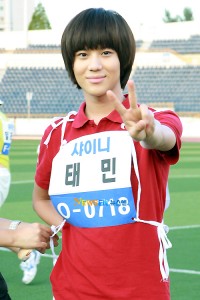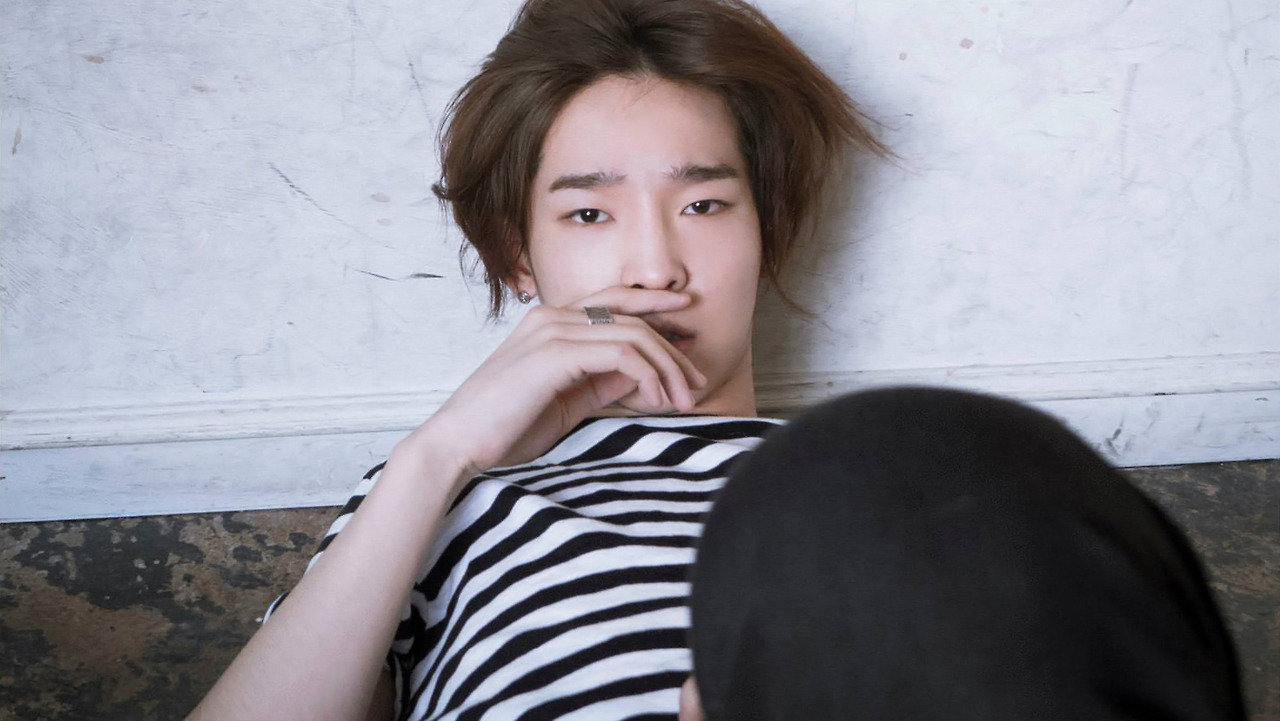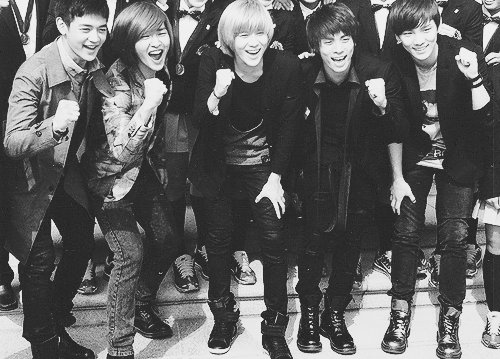 If you read my last treatise on the various intricacies and idiosyncrasies surrounding speech formality in the Korean language, congratulations! You’re practically guaranteed to not insult your Korean interlocutor upon first greeting. However, your education is nowhere near finished — oh, no.
If you read my last treatise on the various intricacies and idiosyncrasies surrounding speech formality in the Korean language, congratulations! You’re practically guaranteed to not insult your Korean interlocutor upon first greeting. However, your education is nowhere near finished — oh, no.
Seasoned K-entertainment fans are, of course, quite familiar with the many terms that are often used to address others in the K-popiverse. How many fangirls have held up signs at concerts declaring their firm intention to marry Baek-hyun Oppa? How many fanboys have pledged to love Yuri Nuna for the rest of their lives? But do any of these fans really know what these terms mean, and are they using them correctly? Chances are that they might be perfectly correct in their usage, but truly dedicated fans might be interested to know where, exactly, these terms originated and why they have become so deeply engrained both in South Korean society and the minds and hearts of K-pop fans.
As you might have guessed by now, age is the primary factor in determining not only what level of speech formality is used to address a conversation partner, but also how you might address them — because unless your interlocutor is the same age as you, someone you know extremely well, or someone younger than you, you better not call them by the first name and their first name alone. In fact, calling someone by their first name could very well be one of the most taboo things to do in Korean society.
But determining age in South Korea isn’t quite the same as it is in the rest of the world (unless you are currently located somewhere in China). Rather than calculating age based on the actual, physical number of days, months, and years that have passed since the moment of one’s birth, South Korea uses the lunar calendar to determine age, and this somehow manages to add from 1 to 2 years on to someone’s physical age. How does this work? Here are the basic facts you need to know:
- Essentially, when you are born, you are immediately considered to be one year old — and so the moment you pop out of the womb, despite being only seconds-to-minutes old, you’re already celebrating your literal first birthday.
- Upon the Lunar New Year (which usually takes place in early-to-mid February), everyone in the entire Korean population gains one year and turns one year older. Hilariously, this means that the previously one-year-old baby — who actually probably isn’t physically one year old — is now considered two years old. If you are like me and born in the latter months of the year (and I am now accepting early birthday gifts), you would have been considered two years old in South Korea before even turning six months old!
- Accordingly, this also means that you could be physically 28 years old, but considered 30 years old in South Korea. Hence the general panic about marriage, particularly for women, but that is a topic for another post.
 Anyone born within the same lunar year, therefore, is considered to be the same age. In other words, anyone born between, say, February 1988 and February 1989 is part of the same age group and is considered to be the same age and may be addressed by simply using the person’s first name; anyone older requires the addition of some sort of honorific term affixed to the person’s name. And here’s where the infamous oppa comes in. Let’s break it down:
Anyone born within the same lunar year, therefore, is considered to be the same age. In other words, anyone born between, say, February 1988 and February 1989 is part of the same age group and is considered to be the same age and may be addressed by simply using the person’s first name; anyone older requires the addition of some sort of honorific term affixed to the person’s name. And here’s where the infamous oppa comes in. Let’s break it down:
- Oppa: this term actually translates literally to “older brother.” In South Korea, you would use the same term to address an older male friend that you would use to refer to your actual biological brother (and this goes for all of the terms, because they are all derived from words used to describe family members). The use of the word “oppa” implies a somewhat close relationship; people don’t usually use this (and the other) term(s) unless a relationship has been established. But this term may only be used by women; men would use a different term, which is…
- Hyung: in addition to be highly age dependent, South Korean interactions tend to be highly dependent on gender as well. Males and females are required to use different terms to address when they address older friends and relatives. The male equivalent of “oppa” is “hyung,” and it’s a term you’ll definitely hear members of boy groups bandying this around in interviews.
- Unni: here we have the term that means “older sister,” and it is used by women to refer to women older than themselves — and yes, the use of the word “unni” generally indicates a somewhat close relationship, as between biological sisters. In SNSD, maknaes Yoona and Seohyun call all of the other girls “unni” — but you’ll note that Sooyoung, born in early 1990, does not. Why? Because as mentioned above, the fact that Sooyoung was born in the early part of the year puts her in the same lunar year as are the rest of the girls, who were born in 1989. Isn’t Korean fascinating?
- Nuna: this is the equivalent of “unni,” used by males to refer to close older women. The prepubescent high schoolers that are SHINee definitely call the SNSD members “nuna.” And somehow, older female fans who like the prepubescent high schoolers that are SHINee have come to refer to SHINee as “nuna bait.”
Bonus gender-neutral terms:
 Sunbae/Sunbaenim: this is a generic term for “senior,” and it can be used in the workplace or at school (though it is probably more common at schools, for workplace identifiers tend to be ridiculously complex). “Sunbae” can be used in place of the aforementioned terms when it is not appropriate to use them, generally because the relationship is not quite close enough. Members of different K-pop groups might refer to their industry seniors as “sunbaes” when talking about them in interviews, even if their relationship in private is close enough to use more familiar terms.
Sunbae/Sunbaenim: this is a generic term for “senior,” and it can be used in the workplace or at school (though it is probably more common at schools, for workplace identifiers tend to be ridiculously complex). “Sunbae” can be used in place of the aforementioned terms when it is not appropriate to use them, generally because the relationship is not quite close enough. Members of different K-pop groups might refer to their industry seniors as “sunbaes” when talking about them in interviews, even if their relationship in private is close enough to use more familiar terms.- Hubae: the generic term for “junior.” Used much the same as is “sunbae,” without the implied respect.
- Ssi: this suffix is affixed to a person’s name to convey respect and distance, generally to someone younger than you. You’ll hear this used in radio broadcasts and television interviews when individual celebrities are addressed.
That concludes another lesson of Korean Through K-pop! Any other topics you’d like explored? Leave them in the comments!
(Images via Newsen, Semir)


